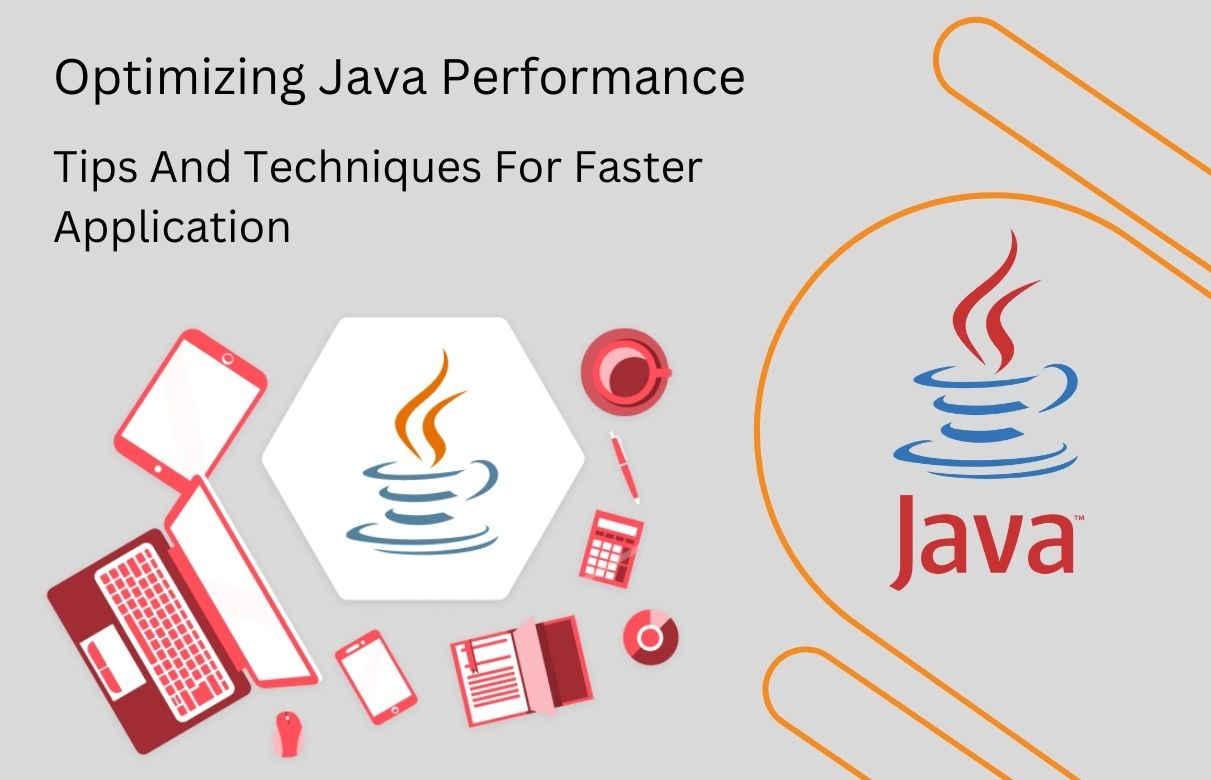Optimizing Java Performance: Tips And Techniques For Faster Application
Our expert tips and techniques will help you optimize the performance of your Java applications for faster code execution and better memory management. Boost your Java application speed today!
Introduction
It is important to optimize the functionality of Java in order to develop applications that are both quicker and more effective. In order to accomplish the most with the least amount of effort, there are a number of strategies and pointers that can be utilized. However, since then, its performance has been enhanced, in part thanks to the numerous upgrades that have been made available in recent versions.
The functionality of JVM has been significantly improved thanks to these optimizations. The following are some suggestions for Java Application Development Company that a programmers ought to bear in mind while they are writing code.
1. Stop making use of BigDecimal Class
Even though the BigDecimal class is useful in certain situations, it could potentially slow down the functionality of the applications you're working on. The more calculations with BigDecimal that a Java developer uses, the slower their application will be. If you make excessive use of the BigDecimal class, the functionality of the application will suffer substantially.
This is because the BigDecimal class guarantees accurate precision for both integer and floating point figures. If you do not require the increased precision that this class can offer, it is recommended that you forego the use of BigDecimal and instead make use of the long or double data kinds.
2. Dont Writing Longer Methods in java
When programming in Java, it is essential to steer clear of creating lengthy methods whenever possible because doing so can make your code more difficult to comprehend and keep up-to-date. Long techniques can be problematic in terms of scalability, and they can make troubleshooting a difficult and time-consuming process.
Instead, simplify complicated procedures by dividing them into a series of steps that are more achievable. Your code will be simpler to comprehend, easier to maintain, and simpler to test as a result of this change.
3. Monitoring Java Application Performance
Monitoring the functionality of a Java application is one of the most important steps in making sure your application operates effectively. You can recognize any performance issues with your Java application and fix them before they can become more serious problems if you consistently observe the performance of your Java application.
Utilizing various monitoring tools is a best efficient method to keep track of how well Java applications are performing. These tools can assist you in locating performance bottlenecks and offer information regarding how to best maximize your application.
4. Carry out load testing in addition to profiling
When it comes to guaranteeing that a Java application is functioning at its full potential, important measures include profiling and load testing. The process of evaluating the performance of a program and determining where potential impediments or opportunities for development lie is referred to as profiling.
On the other hand, load testing includes putting the application through its paces by simulating a heavy workload in order to evaluate how well it responds and operates in general when subjected to increased demand. JProfiler and Apache JMeter are just two examples of the many tools that are at your end for completing these responsibilities in Java.
5. Make use of the primitive types
It is to one's advantage to use primitive types rather than objects because the data associated with primitive types are stored on stack memory while the data associated with objects is stored on heap memory. Since accessing data from the stack memory is much quicker than accessing the heap memory, we should use fundamental classes rather than objects whenever it is feasible. Therefore, it is always to your advantage to use int instead of Integer or double instead of Double.
6. Optimize Loops
In Java code, loops are used quite frequently, and improving their effectiveness can contribute to substantial improvements in overall performance. Avoid performing expensive procedures while the loop is active, make use of improved loops whenever they are available, and unwind loops when the iteration count is low.
7. Use Caching for Java applications
The functionality of Java applications can be significantly improved through the use of caching as an efficient method. Cache invalidation techniques, such as time-based or event-based invalidation, can be implemented by developers as a means of mitigating the negative effects of these disadvantages. Caching, when implemented in Java Application Development in the right way, can significantly enhance both application functionality and the user experience.
Bottom Line
Enhancing the functionality of your application is important, regardless of whether you are an experienced Java developer or are just beginning out in the field. You will be able to make your application operate quicker, more smoothly, and more effectively if you follow the guidelines that we have detailed in this article. Your application will be able to manage even the most challenging responsibilities if follow these tips.

Subscribe & get all related Blog notification.





Post your comment